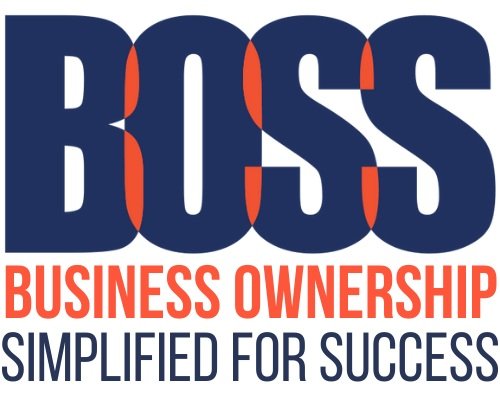How to Delegate as a Business Owner
Being a successful business owner often involves juggling multiple responsibilities, making it crucial to master the art of delegation. Effective delegation is not about assigning tasks but is a strategic process that empowers both you and your team for overall success.
Delegating tasks allows you, as the business owner, to focus on strategic decisions and the expansion of your business. By entrusting specific responsibilities to your team members, you not only alleviate your workload but also provide them with opportunities to contribute meaningfully to the company's objectives.
Cultivating Trust: The Foundation of Effective Delegation
In the realm of delegation, fostering a culture of trust is paramount. Trust is the foundation of any successful team, and effective delegation builds that trust. When your team members feel trusted and empowered, they are more likely to take ownership of their roles. This, in turn, creates a positive and collaborative work environment where each member feels a sense of responsibility for the success of the business.
Another significant aspect of how to delegate as a business owner is maximizing efficiency. Business owners often find themselves buried in day-to-day operations. Strategic delegation becomes the key to streamlining workflows, preventing burnout, and optimizing overall team efficiency.
Practical Steps: How to Delegate Effectively as a Business Owner
Now, let's dive into practical steps for effective delegation. One fundamental step is identifying the core competencies of each team member. Successful delegation involves recognizing the unique strengths and skills each individual brings to the table. By aligning tasks with these core competencies, you ensure optimal performance and job satisfaction, creating a win-win scenario for both you and your team.
In the process of how to delegate as a business owner, clear communication becomes paramount. Understanding that every team member may learn differently so being clear and articulate about your expectations and goals is essential. This not only helps in avoiding misunderstandings but also ensures that everyone is on the same page regarding the goals and objectives of the delegated tasks. A small business consultant at BOSS can help you get this started.
Encourage a learning environment within your team by providing resources, training, and mentorship. This not only enhances the capabilities of your team members but also contributes to a culture of growth and development within your business. Your team needs to feel comfortable asking for help and asking those “stupid questions.” (spoiler: there are no stupid questions!)
Strategic Delegation for Business Growth
Lastly, establish feedback loops as part of your delegation strategy. Regular check-ins and constructive feedback are essential elements of effective delegation. Creating a culture where open communication is valued allows team members to seek guidance, ask questions, and receive feedback on their performance, contributing to continuous improvement.
Mastering the art of delegation is a fundamental skill for any business owner. By strategically distributing tasks, fostering trust, and maximizing team efficiency, you pave the way for sustainable growth and success. Empower your team, cultivate a culture of collaboration, and watch your business thrive as you navigate the journey of delegation with confidence.
Download our FREE Delegation Quadrant Workbook to learn how to delegate like a pro and create the best plan for your team!

